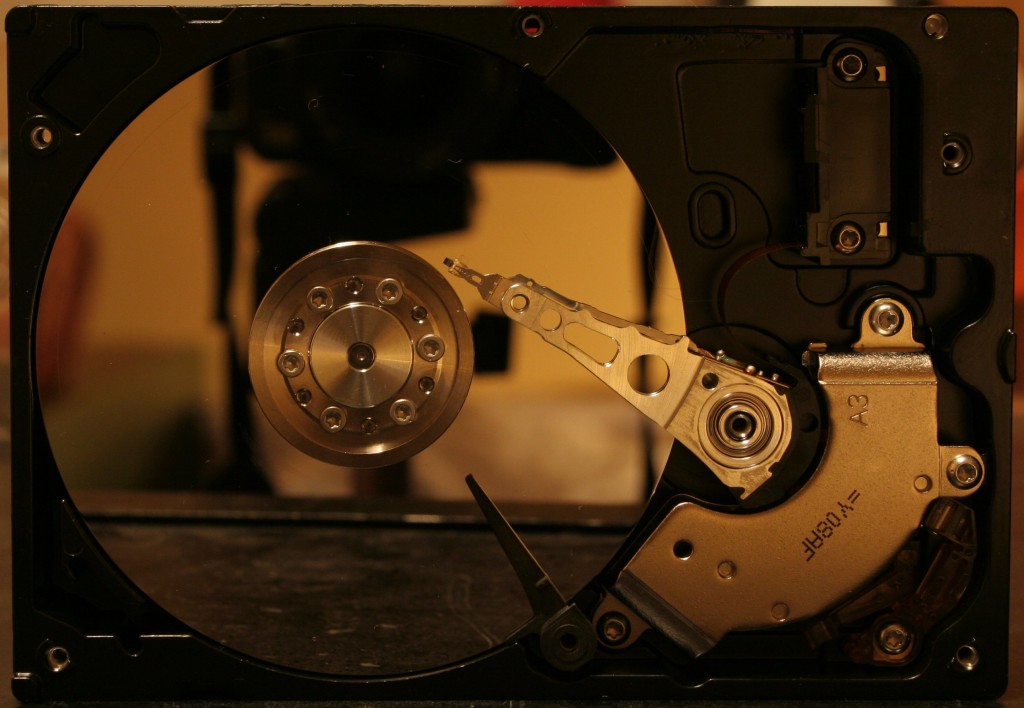SESSION REQUIREMENTS
If you intend to come to this session and want to do this work on your own laptop, please make sure you do the following in advance of coming to Sussex (it may be possible during but the files are a bit big!):
- Download and extract the latest BitCurator Virtual Machine at wiki.bitcurator.net/index.php?title=Main_Page
- Download and setup VirtualBox and make sure the BitCurator Virtual Machine works as per wiki.bitcurator.net/index.php?title=BitCurator_Virtual_Machine_Install
- If you have an old floppies, flash drives, CD, DVDs, or hard disks you want to try and capture as part of the session, bring them along! (and don’t worry, I’ll bring along some dummy media for us to play with)
- See Processing Workflow for Digital Media for the session handout (I’ll bring some copies along!)
The paper archive has been replaced by physical data storage – a new format that requires historians, archivists, and humanists to think and act afresh. In just 35 years most people – in Britain and worldwide – have come to create text and data in a fundamentally new way. The first step towards working with these personal digital archives if to preserve them. You can’t just turn on an old computer and start browsing: the act of booting it up adds new data to the archive with fresh data stamps, thus compromising its authenticity. Thankfully open source digital forensic tools aimed at archivists and scholars have made huge strides in recent years thanks largely to the efforts of the BitCurator project led by University of North Carolina Chapel Hill.
In this session, we’ll work together to capture some dummy media (bring your own if you want to work with the real thing!) and explore that media using BitCurator: a suite of open source digital forensics and data analysis tools design to help collecting institutions process born-digital materials.


